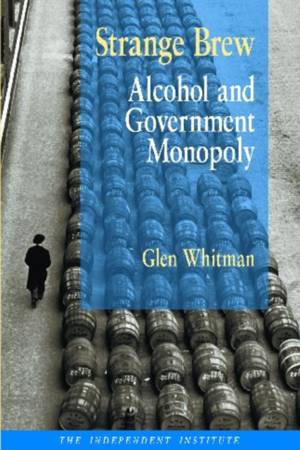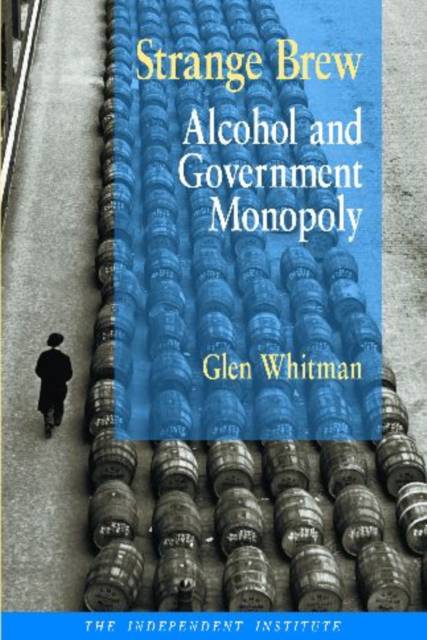
- Afhalen na 1 uur in een winkel met voorraad
- Gratis thuislevering in België vanaf € 30
- Ruim aanbod met 7 miljoen producten
- Afhalen na 1 uur in een winkel met voorraad
- Gratis thuislevering in België vanaf € 30
- Ruim aanbod met 7 miljoen producten
Zoeken
Omschrijving
When prohibition ended in 1933, laws were passed that regulated the sale of alcoholic beverages, ostensibly to protect wholesalers from the depredations of suppliers and the public from the ill effects of alcohol. This book examines the monopoly protection laws, also known as franchise termination laws, and how they lock suppliers into government-mandated contracts with alcohol wholesalers that affect consumers by raising prices and reducing the quality of alcoholic products and services. This study also investigates the notion that alcohol consumption is a sin and how legal restrictions have substituted the moral judgment of legislators for that of the consumer. Strange Brew demonstrates that the monopoly protection laws reflect powerful special interests in the political process who use such measures to control markets, shield themselves from competition and consumer preferences, and set prices with relative impunity. This book will be of great value to those in the alcoholic beverage industry as well as to students of economics, regulation, and public policy.
Specificaties
Betrokkenen
- Auteur(s):
- Uitgeverij:
Inhoud
- Aantal bladzijden:
- 100
- Taal:
- Engels
Eigenschappen
- Productcode (EAN):
- 9780945999881
- Verschijningsdatum:
- 1/05/2003
- Uitvoering:
- Paperback
- Formaat:
- Trade paperback (VS)
- Afmetingen:
- 162 mm x 228 mm
- Gewicht:
- 117 g

Alleen bij Standaard Boekhandel
+ 38 punten op je klantenkaart van Standaard Boekhandel
Beoordelingen
We publiceren alleen reviews die voldoen aan de voorwaarden voor reviews. Bekijk onze voorwaarden voor reviews.











